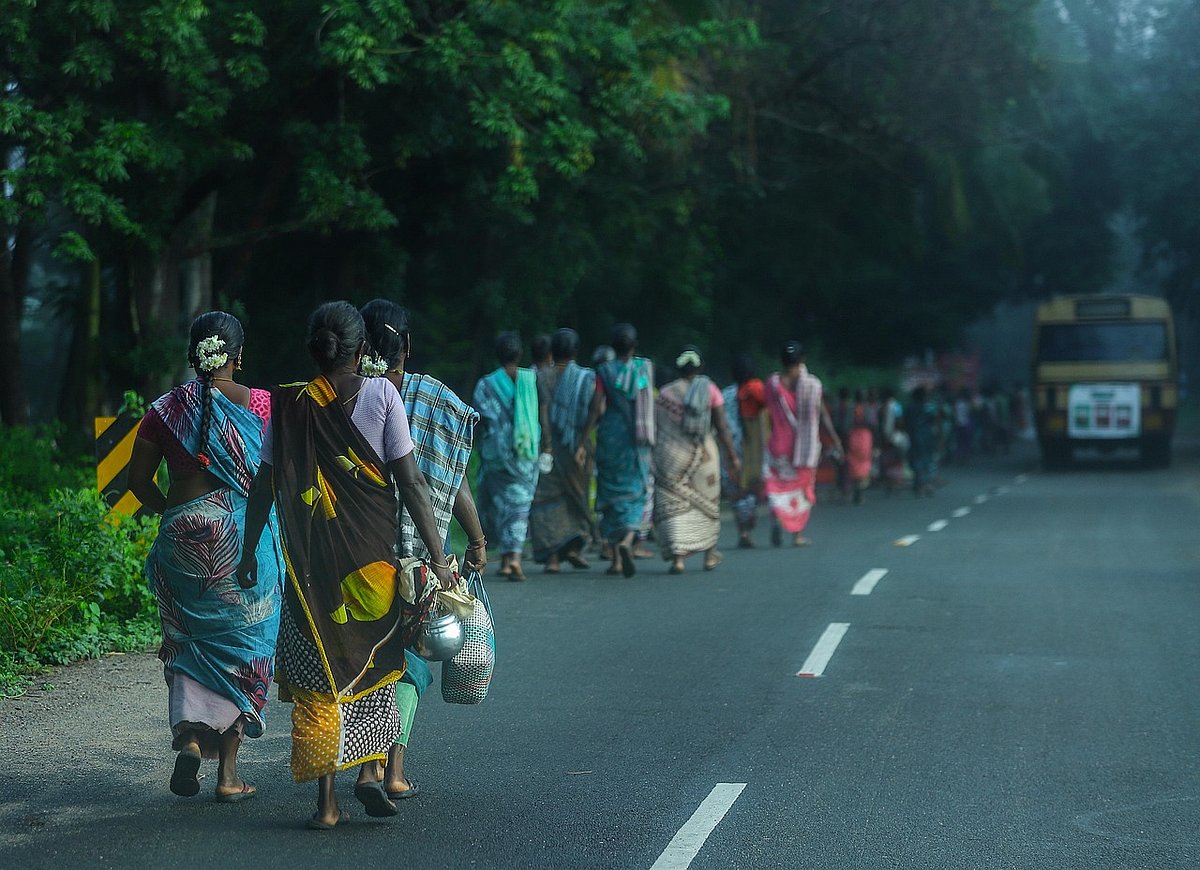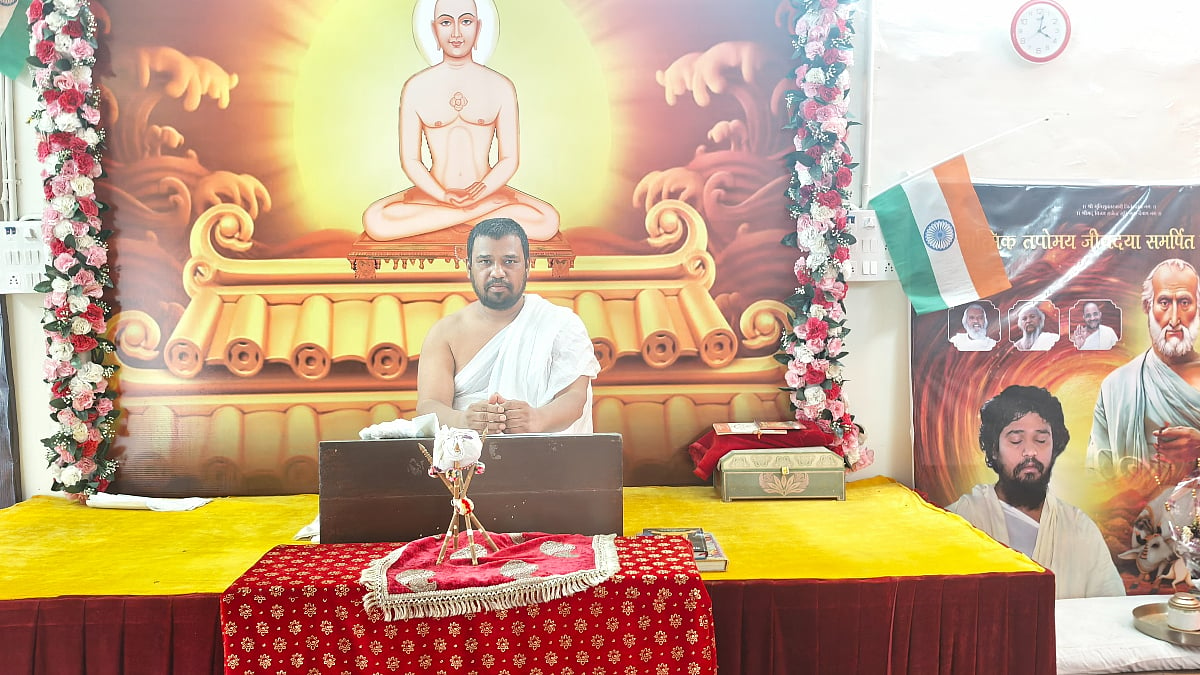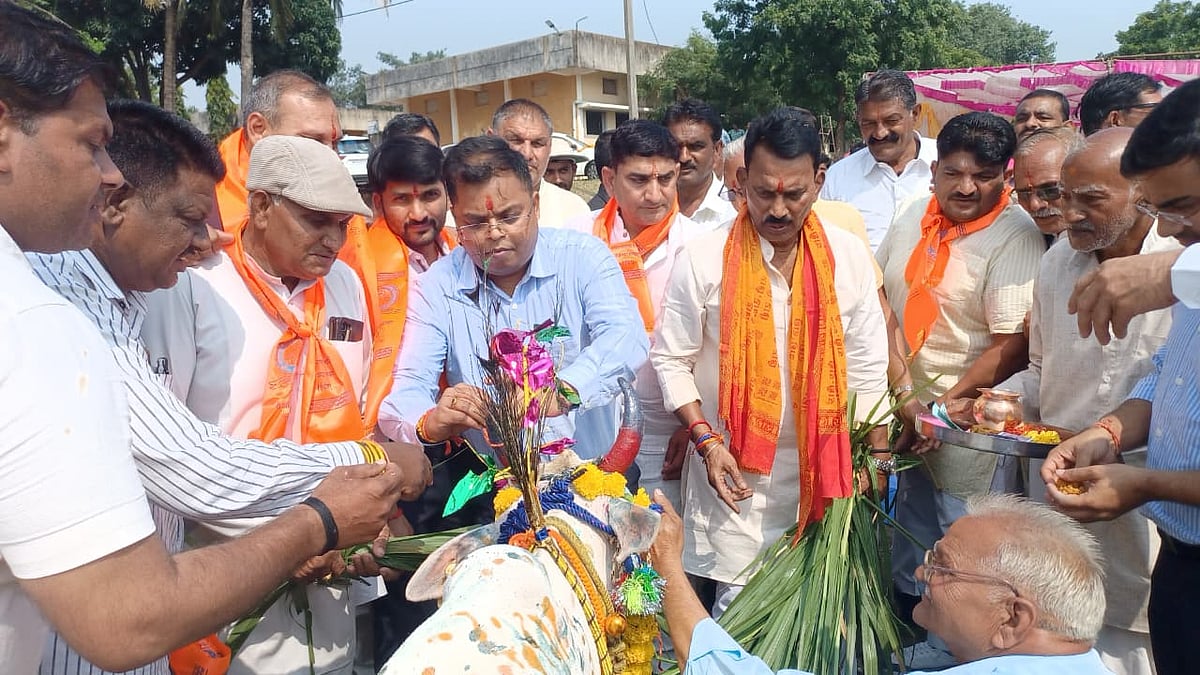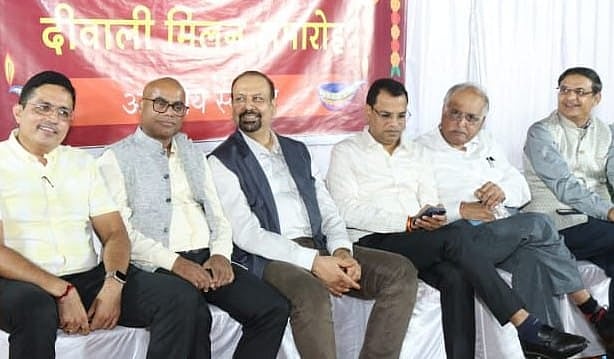Indore (Madhya Pradesh): Three lakh forest land claims, previously rejected due to lack of ancestral proof, may now be revived following a significant change in the Forest Rights Act.
The government has issued a new order easing documentation requirements, giving thousands of tribal and forest-dwelling families another chance to secure legal land rights.
Under the revised rules, people who were unable to provide records of land use over three generations—one of the main reasons for mass rejections—can now obtain leases after verification. A fresh survey will be conducted in forest villages across the state to reassess claims.
The order also expands eligibility. For the first time, certain non-tribal residents living in forest villages may qualify for land leases. In addition, the previous land ceiling of 2.5 hectares can now be exceeded in cases covered under the Forest Village Rules of 1977.
Possession of land as of 13 December 2005 will be recognised, provided the claimant or their eligible heir can be verified. If leaseholders died or left before that date and no heirs are traceable, the leases will be cancelled and the land returned to the forest. Future claims by heirs, if any, will be evaluated as per existing laws.
What this means for people
The change comes as a major relief to thousands of families—primarily from tribal communities—whose lives were disrupted after their claims were rejected during previous surveys. Many had occupied forest land for decades but lacked formal documentation, especially in remote areas.
With the revised policy, these residents may now gain legal protection over the land they live and farm on. Officials said the move is intended to correct procedural gaps and bring justice to those unfairly excluded from the benefits of the Forest Rights Act.
What this means for forests
While the policy is seen as a step toward social justice, it also raises concerns about forest conservation. Reviving large numbers of claims and expanding lease limits could increase pressure on forest land, leading to potential deforestation or habitat loss if not carefully regulated, noted forest sub-divisional officer Yohan Katara.
Forest Department has been directed to verify all claims strictly and take back land in cases of illegal or false allotment.
In Madhya Pradesh, where tribal communities make up around 21% of the population, land rights remain deeply linked to political and social equity. Both the BJP and Congress have engaged with these issues during elections, while tribal organisations like JAYAS continue to push for greater recognition.











